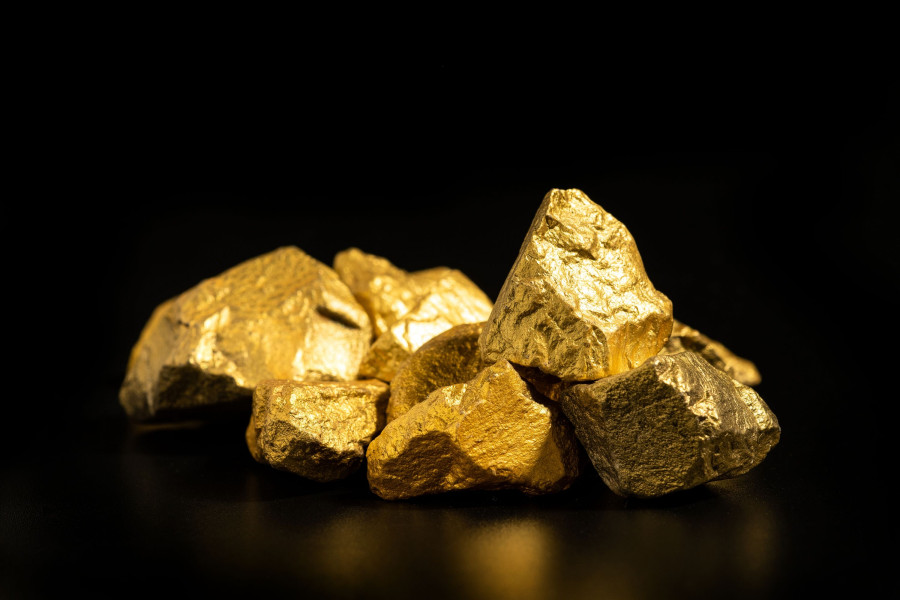Urban Mining to Obtain 22-Karat Gold in Our Homes?

Each year, the world generates 62 million tons of electronic waste. Half of this waste consists of valuable metals such as copper, gold, palladium, lithium, and iron. However, only 22.3% of these materials are properly recycled?an alarmingly low figure considering a fact that many people are still unaware of: the most common household appliances contain small amounts of 22-karat gold in their internal components, meaning they hold nearly 92% pure gold.
This is one of the reasons why urban mining?the process of recovering valuable metals and materials from electronic waste and other urban refuse?is becoming increasingly important in everyday life. While the amount of gold in televisions, computers, phones, digital cameras, printers, microwaves, and air conditioners is minimal, these devices use gold for its excellent electrical conductivity. When combined, the total value of gold extracted from all these electronics can be significant.
Researchers at ETH Zurich have developed a method to recover gold from electronic waste using protein nanofibrils derived from whey. These fibers form a sponge that selectively absorbs gold ions from an acidic solution. When heated, the gold is recovered in solid form. This process is highly profitable, generating up to 50 times the initial investment, and it is also environmentally friendly, as it eliminates the need for toxic chemicals while repurposing industrial waste.
Such initiatives are already making an impact in our country. The Argentine University of Business (UADE) and the Argentine Geological Mining Service (SEGEMAR) have launched a project aimed at recovering lithium from technological waste. They use bioprocesses with microorganisms to improve lithium extraction efficiency?a crucial resource for batteries in electronic devices and electric vehicles. Through education, awareness, and technology focused on urban mining, Urban Resources, in collaboration with Bluemoon Group, is promoting a sustainable alternative to traditional extraction, proving that the first step toward generating value while protecting the planet starts at home.
?? Every action counts. Don?t hesitate to repair, reuse, and recycle your electronic devices. You too can contribute to a more sustainable future. The time to act is now! ?








